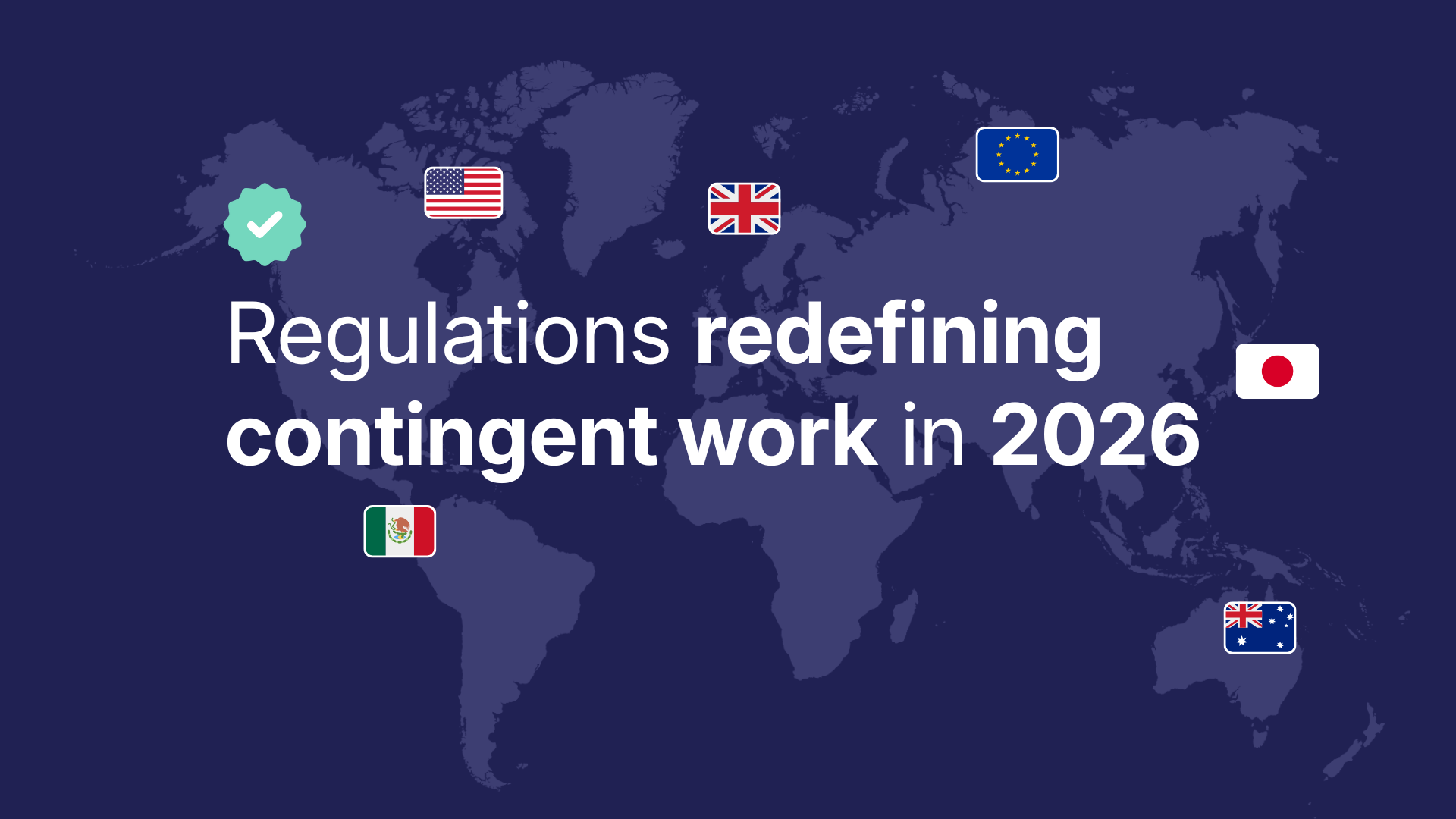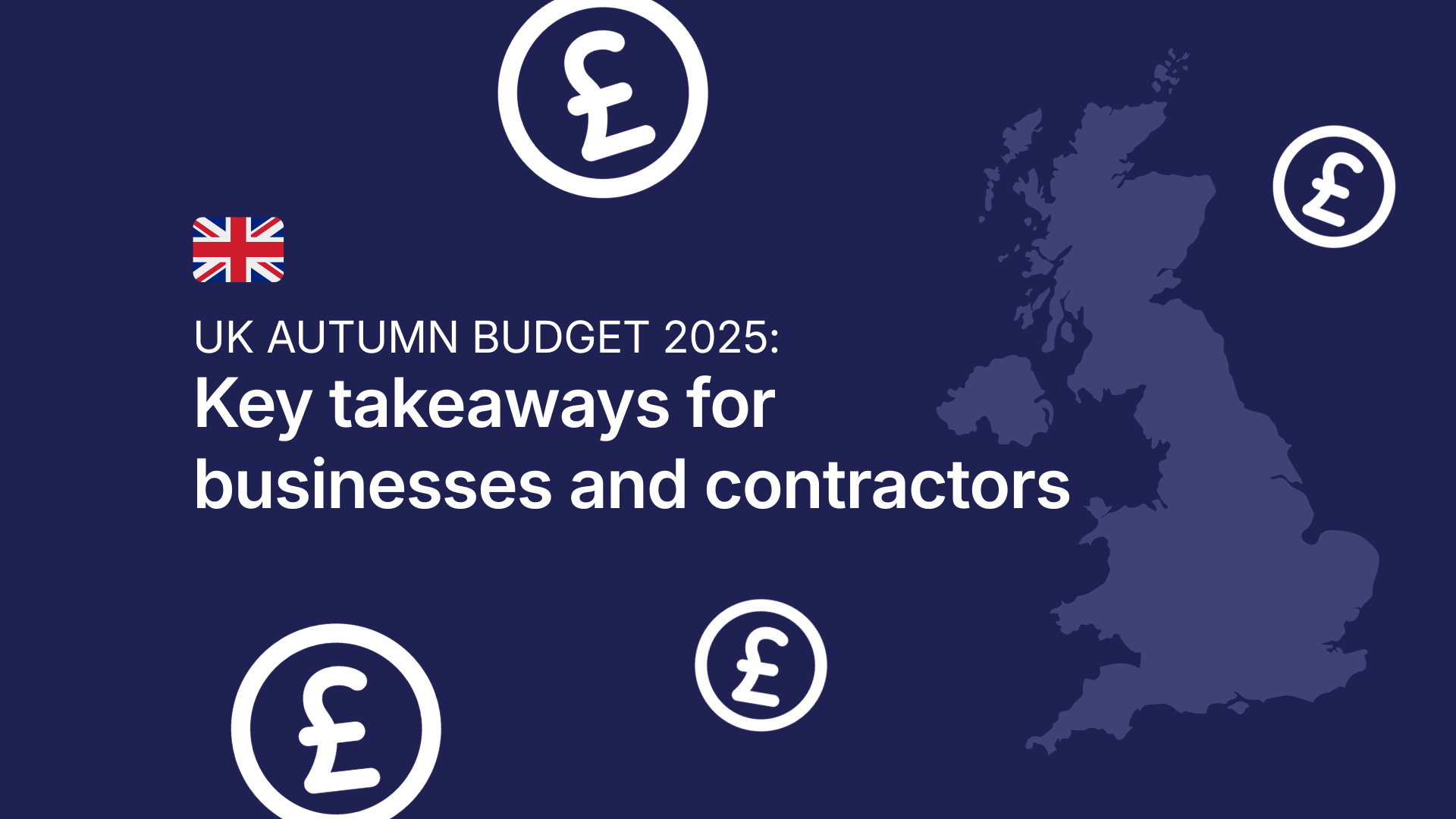Hiring freelancers and contractors has become a common practice for global companies seeking flexibility and specialised skills. However, navigating off-payroll rules can be complex and varies from one country to another. To help you manage this process smoothly, we’ve outlined seven essential off-payroll rules you should be aware of.
1. Understand local legislation
Each country has its own set of rules governing off-payroll workers. For example, the UK has IR35 regulations, while the US distinguishes between employees and independent contractors through IRS guidelines. Familiarise yourself with the local legislation to ensure compliance and avoid penalties.
2. Determine employment status correctly
Accurately determining whether a worker is an employee or an independent contractor is crucial. Misclassification can lead to significant legal and financial consequences. Factors to consider include the degree of control over the work, financial arrangements, and the relationship's permanency.

3. Draft clear contracts
A well-drafted contract is essential for clarifying the nature of the working relationship. It should outline the scope of work, payment terms, confidentiality agreements, and the contractor’s status as an independent entity. This can protect your company in case of disputes or audits.
4. Monitor payment and tax responsibilities
Ensure you understand the tax obligations for both your company and the contractor in the relevant jurisdictions. This includes withholding taxes, social security contributions, and VAT. Some countries may hold the hiring company responsible for unpaid taxes if the contractor fails to comply.
5. Implement robust onboarding processes
Having a structured onboarding process for contractors helps in maintaining compliance and sets clear expectations. This process should include verification of the contractor’s status, ensuring they have the necessary insurances, and confirming their tax registration status.
6. Regularly review and audit contractor agreements
Periodic reviews and audits of your contractor agreements and relationships can help ensure ongoing compliance with evolving laws and regulations. This practice can identify potential risks and allow you to make necessary adjustments proactively.
7. Seek professional advice
Off-payroll rules can be intricate and challenging to navigate, especially when operating in multiple countries. Using contractor compliance software, like YunoJuno, can provide invaluable guidance and ensure your practices are compliant with local and international regulations at all times. Find out more about how YunoJuno can help you hire global talent compliantly.







